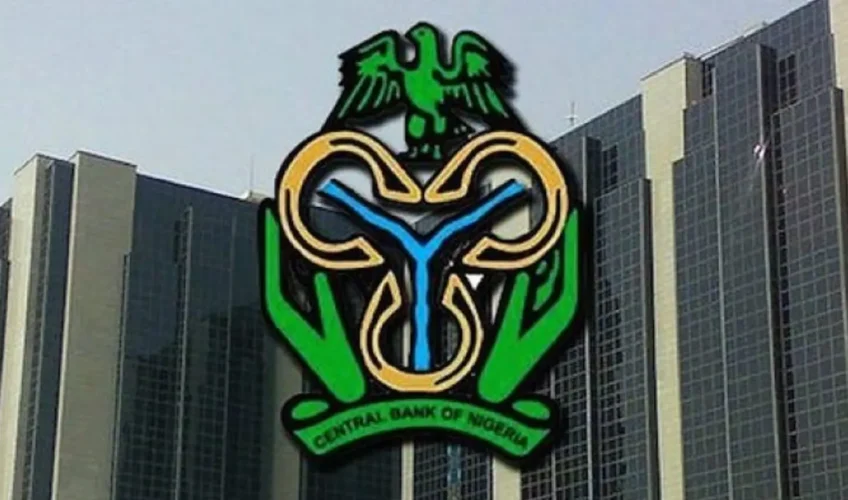The Central Bank of Nigeria (CBN) has recently introduced new regulations aimed at enhancing the identification process within the banking system.
Financial institutions are now required to collect additional customer information, including social media handles, e-mail addresses, telephone numbers, and residential addresses.
These measures are part of the CBN’s efforts to strengthen customer due diligence and ensure compliance with relevant legislation, such as the Money Laundering (Prevention and Prohibition) Act (MLPPA) of 2022 and the Terrorism (Prevention and Prohibition) Act (TPPA) of 2022.
The CBN’s latest regulatory document, titled ‘Central Bank of Nigeria (Customer Due Diligence) Regulations, 2023,’ outlines the specific measures financial institutions must take to meet the new requirements.
The objective is to enforce compliance with customer due diligence measures in line with the Central Bank of Nigeria’s (CBN) Anti-Money Laundering, Combating the Financing of Terrorism, and Countering Proliferation Financing of Weapons of Mass Destruction in Financial Institutions Regulations of 2022 (CBN AML, CFT, and CPF Regulations), as well as international best practices.
Under the customer identification section, the CBN mandates financial institutions to gather various details about their customers, regardless of their status as permanent or occasional, or whether they are individuals, legal persons, or legal arrangements.
For individuals, the required information includes legal name and any other names used, permanent and residential addresses, telephone number, e-mail address, social media handle, date and place of birth, Bank Verification Number, Tax Identification Number, nationality, occupation, public position held, and name of employer.
To comply with these regulations, individuals must present an unexpired passport, national identification card, residence permit, social security records, or driver’s license as proof of identity. The CBN also emphasizes the importance of documenting the type of account, the nature of the banking relationship, and obtaining the customer’s signature, as well as determining their politically exposed person status.
Legal persons and legal arrangements are subject to separate requirements outlined in the CBN’s regulations. These stringent measures apply to all financial institutions falling under the regulatory purview of the CBN, ensuring consistency across the industry.
The implementation of these stricter customer due diligence regulations demonstrates the CBN’s commitment to combat money laundering, terrorism financing, and the proliferation of weapons of mass destruction.
By aligning with international best practices, the CBN aims to bolster the integrity of Nigeria’s banking system and safeguard the interests of customers and the wider economy.
















